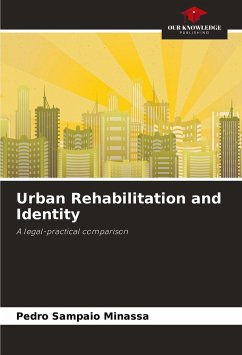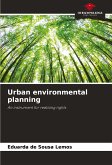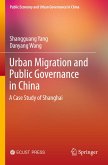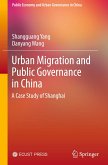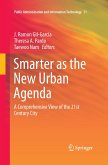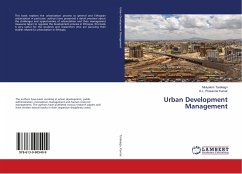The core of this book is to analyse, in the light of Urban Law, the process of urban rehabilitation, its nuances, practical examples and future prospects. To this end, an empirical-legal comparison is made between the realities of two cities: the Portuguese capital, Lisbon, and the Brazilian city of Vitória, in the state of Espírito Santo. The presentation of historical and identity elements, the provisions of the legal diplomas that govern the urban phenomenon in these cities, made it possible to reveal an empirical exchange, allowing us to identify what is congruent and what is divergent. The peculiarities of the respective urban networks allowed for an analytical focus on their centres, places of intense occurrence of the phenomenon of urban desertification and a portrait of the historical framework they represent. From a methodological perspective, the predominantly analytical-qualitative study, developed during the academic mobility course at the Faculty of Law of the University of Lisbon, was also based on statistical data, the results of which inform the urban rehabilitation process.
Bitte wählen Sie Ihr Anliegen aus.
Rechnungen
Retourenschein anfordern
Bestellstatus
Storno

